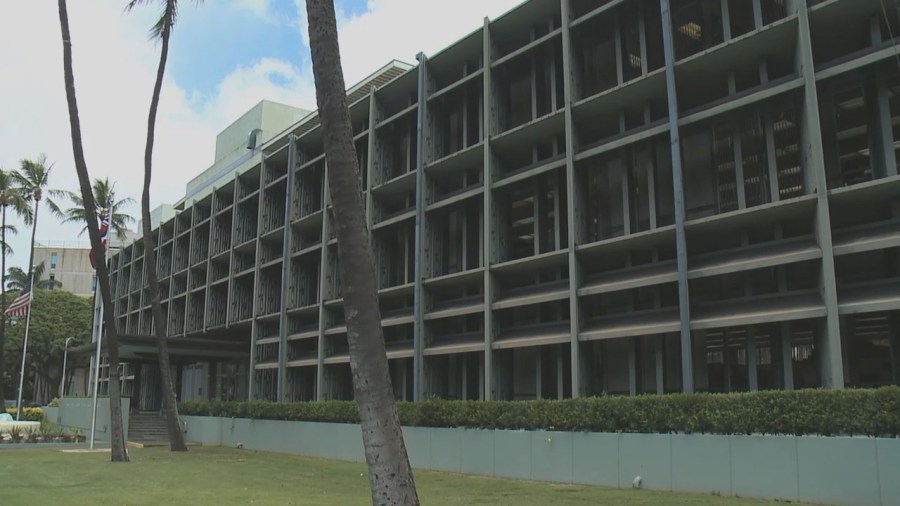HONOLULU (KHON2) — Data breaches involving water utilities are on the rise prompting the Environmental Protection Agency to issue an alert. Water companies nationwide are now being urged to beef up security. So what does that mean for us here? Are we at risk?
Here in Honolulu, roughly a million people rely on the Board of Water supply for safe drinking water. So why would anyone want to hack into a water utility company?
“Adversaries are trying to disrupt infrastructure in another country, including the US, they’re gonna go for water companies, energy companies, transportation companies because a small little blip can throw off a lot of things,” cyber expert Ryan Ozawa explained.
He said the goal is usually to disrupt operations.
“If through some means you could get inside an energy company or the water company, you could mess with pumps, you could mess with distribution, you could mess with wastewater treatment, which of course, also could be a great detriment to our communities here as well,” Ozawa said.
The threat is very real. It’s already happened in a number of states. The EPA said electronic attacks on water utility companies are increasing, prompting them and the National Security Council and Department of Homeland Security to issue an alert warning to the public.
“Protecting our nation’s drinking water is a cornerstone of EPA’s mission, and we are committed to using every tool, including our enforcement authorities, to ensure that our nation’s drinking water is protected from cyber attacks,” said EPA Deputy Administrator Janet McCabe.
“We’re very aware of the cyber threats that have happened and attacks on the mainland,” Board of Water Supply Public Information Officer Kathleen Pahinui said. “And we follow all of the Department of Homeland Security and EPA requests and requirements for cyber protection.”
Pahinui said BWS has not experienced any threats.
“We have a whole team of people that are devoted to checking and making sure our system is okay and infrastructure is protected,” she explained.
The EPA also emphasized the need for utilities to comply with the Safe Drinking Water Act, which specifies security requirements for computers, automated systems and notifications in emergency situations.
After inspections, the EPA found over 70% do not fully comply.
Pahinui said BWS does comply but that the EPA did want them to work on a few minor issues.
“We don’t have an emergency system like Nixle, to alert our customers in the event of a water emergency,” she said. “We’re actually already working and have been working on that.”
Representatives from Hawaii Island, Kauai and Maui water supply departments also reported they have not received any cyber threats.
